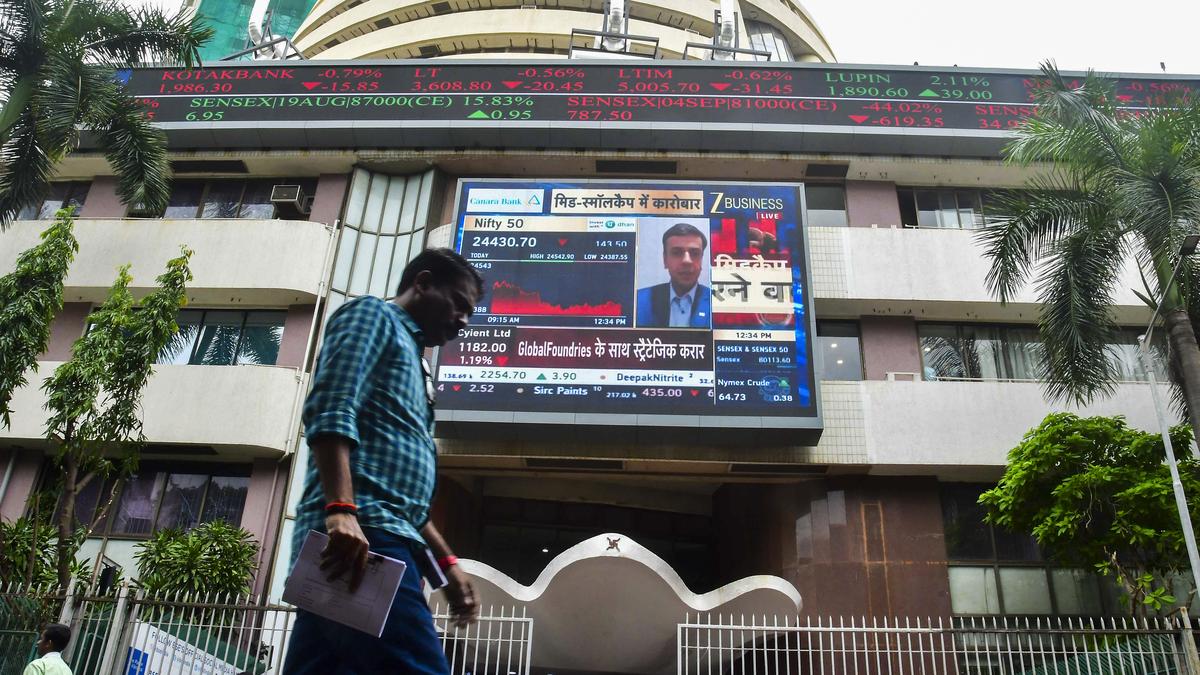The provisions of the UK -India Free Trade Agreement (FTA) on the patent include the balance in favor of the patent owner and reduce the access to the drugs, on Friday, the experts said in the discussion on the implication of the agreement for the access of drugs.
Expressing their concerns over the provisions in the recently signed agreement, which can affect the access and strength of drugs in India, said that some intellectual property (IP) and regulatory segments may be delayed or life saving may be delayed by generics, which affects patients in India and global south.
“FTA is a progressive movement towards accepting the demands of partners, which systematically argues the public interest security measures available in the Indian Patent Act,” Professor, Center for Economic Studies and Planning, JNU (Rated), JNU (rated), warned Biswaji Dhar, explaining that he would leave the access to the license voluntarily.
He said, “Voluntary licenses often have licensed conditions and fail to reduce a faster price than compulsory license,” he said.
He further said that under the Indian Patent Act, every year the patent holder will have to present the details of patent work in India. The annual submission information will now be presented once in three years and the confidential information contained in the submission will not be provided in the public domain.
Couple Jyotna Singh, co-convenor of the work group on access to drugs and treatment: “ This effectively compromises to prove unmatched demands of potentially mandatory license applicants, which forms a base for mandatory license. This clearly tilts the heavy balance in favor of the pharmaceutical transactional corporation, allowing them to be easily overcome by refusing to reach drugs due to high prices when easily arrives. ,
“The IP chapter also has provisions that may potentially reduce the safety measures that prevent patent’s evergreen evergreen,” KM Gopkumar said, the co-kingdom of the work group for drugs and treatment said that although the best effort is couch in the language, “is the facility of distribution and use of the sides and the work work.”
He said, “The implementation of this provision will cause harmony of patentability criteria and reduce security measures against evergrees like Section 3 (D) of the Patent Act,” he said.
Meanwhile, Sanjay Mariwala, Executive Chairman and Managing Director of Omenisive Health Technologies welcomed the move, saying that India’s exports in Britain had increased by 12.6% last year, and the deal gives us a chance to build that development.
“But it’s not only about the business versions – the one who stands out is the one that opens in the healthcare. With the regulatory obstacles coming down, the Indian healthcare companies will find it easier to operate in the UK, and it can be able to see more cheap services and better cooperation between the two systems. Agreements are signed, we need to return with our local entrepreneurs and MSME with correct support – Finance, Financial Functions Clause, “he said.
Bhavin Mukund Mehta, Director, Kilich adds drugs: “India UK FTA formally exported zero duty access to zero duty access to about 99% of Indian pharmaceutical and medical device exports, which provides long -term clarity and very important increase for long -term for Indian pharma industry. Will strengthen
Earlier, the Ministry of Commerce said that the zero tariff provisions under the FTA are expected to significantly increase the competition of Indian generic in the UK market, which remains India’s largest drug export destination in Europe.
Currently, India exports $ 23.31 billion globally and UK imports around $ 30 billion, but is $ 1 billion in Indian pharma. There are 56 tariff lines in the pharma sector, which is only 0.6 percent of the total, it is said in the document.
Regardless of small representation, the drug field holds high value and strategic significance, especially in global trade, stated in the document.
India’s pharmaceutical industry is the third largest place in the world and the 14th largest in terms of value. In the financial year 2024-25, the export of the region rose 10% year-on-year to $ 30.5 billion. The industry is a pioneer in manufacturing high quality generic drugs at competitive prices in the last 30 years. India is the largest supplier of generic drugs with a 20 percent stake in global supply by creating 60,000 different common brands in 60 medical categories.
Published – July 25, 2025 09:54 pm IST


